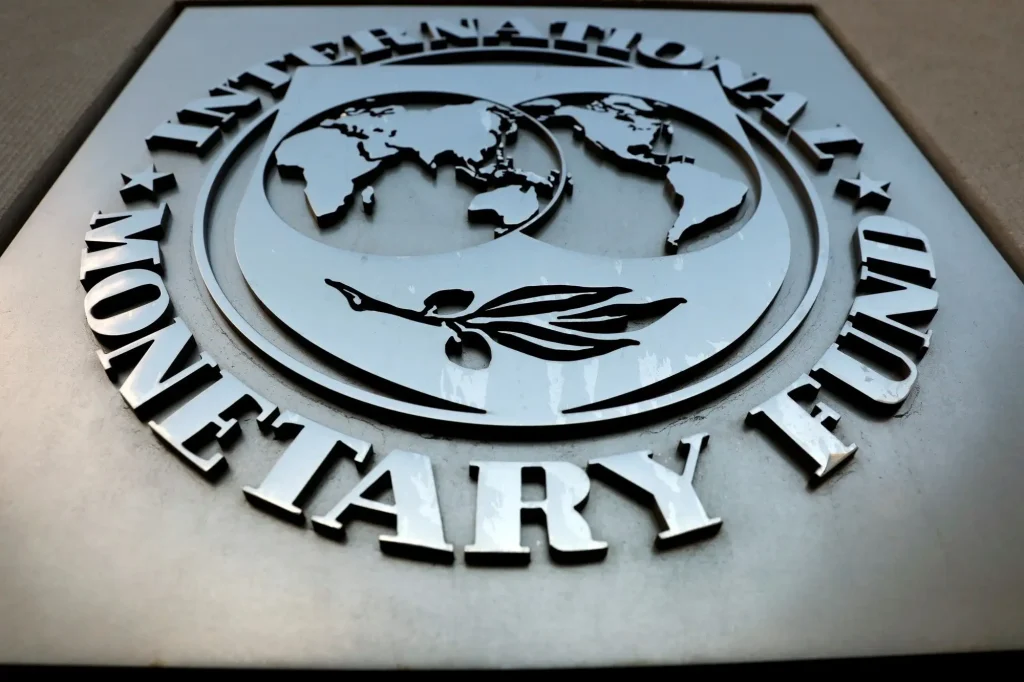The International Monetary Fund (IMF) has issued a stark warning that approximately one-third of the global economy is expected to enter a recession in 2023, driven by simultaneous economic slowdowns in major economies. In an interview with CBS News on January 1, 2023, IMF Managing Director Kristalina Georgieva highlighted the challenges facing the global economy, with the United States, the European Union, and China experiencing declining economic activity. This projection underscores the mounting pressures from ongoing global crises, including inflation, geopolitical tensions, and the lingering effects of the COVID-19 pandemic.
A Triple Economic Slowdown
Georgieva emphasized that the synchronized slowdown in three of the world’s largest economies—the US, EU, and China—is a primary driver of the projected recession. “We expect one-third of the world economy to be in recession,” she stated, noting that “half of the European Union will be in a recession this year.” The EU’s economic struggles are exacerbated by the ongoing war in Ukraine, which has disrupted energy supplies and driven up inflation, with the region facing a particularly tough winter due to high energy prices.
In China, the world’s second-largest economy, the rapid spread of COVID-19 following the government’s abrupt end to its zero-COVID policy is expected to deliver a significant economic blow. “For the next couple of months, it would be tough for China, and the impact on Chinese growth would be negative, the impact on the region will be negative, the impact on global growth will be negative,” Georgieva explained. She noted that, for the first time in 40 years, China’s annual growth is likely to be at or below the global average, reversing its historical role as a driver of worldwide economic activity.
Global Economic Outlook and Challenges
The IMF’s warning aligns with its October 2022 forecast, which revised global economic growth for 2023 down to 2.7%, a significant decline from 3.2% in 2022 and 6.0% in 2021. This represents the weakest growth profile since 2001, excluding the global financial crisis and the acute phase of the COVID-19 pandemic. The slowdown is attributed to multiple factors, including the war in Ukraine, persistent inflation (projected at 6.5% globally in 2023), and aggressive interest rate hikes by central banks to curb price pressures. These challenges have created a precarious environment, with “even countries that are not in recession, it would feel like a recession for hundreds of millions of people,” Georgieva added.
Goldman Sachs echoed the IMF’s concerns, forecasting global growth at just 1.8% for 2023, further highlighting the risk of a broader economic downturn. The US, while described as “most resilient” due to a strong labor market, is not immune to these pressures, with the Federal Reserve’s tight monetary policy potentially prolonging high interest rates to combat inflation.
Regional and Global Implications
The projected recession in one-third of the global economy, particularly in half of the EU, is expected to have ripple effects across emerging markets and developing economies. High interest rates and a strengthening US dollar are particularly devastating for countries with significant debt, such as Chad, Ethiopia, and Sri Lanka, where the cost of borrowing has surged. In Asia, the slowdown in China is likely to impact regional trade and commodity prices, with increased demand for oil and iron ore potentially driving inflation higher just as it appeared to stabilize.
The IMF’s outlook suggests that global economic recovery will be uneven, with advanced economies like the US potentially avoiding outright recession, while Europe and parts of Asia face deeper challenges. The organization has called for coordinated policy responses, including fiscal consolidation and supply-enhancing reforms, to mitigate the downturn and support vulnerable populations.
A Call for Resilience and Action
As the global economy braces for a challenging 2023, the IMF’s warning serves as a critical reminder of the interconnected nature of today’s economic challenges. Georgieva’s remarks underscore the need for policymakers to address inflation, stabilize fiscal policies, and invest in growth-enhancing measures to navigate the downturn. While the US labor market offers some hope, the broader global outlook remains uncertain, with significant implications for trade, investment, and living standards worldwide.






